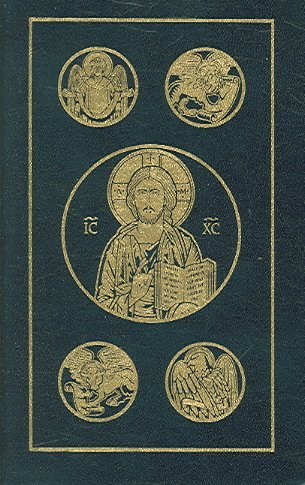I was down leading worship and preaching at Montrose today. One of the joys of those journeys, apart from the people, is the journey. I drive from Westhill to Stonehaven through Maryculter, and past Netherley. Over the past year like everyone else I've become accustomed to the appearance of windfarms and the occasional

solitary windmill, towering over farm and fields. Now I see them and resent them less. They are inevitably intrustive, giant geometric structures with their own engineering aesthetic, but clashing with the different geometry of anatomy and topography. I'm aware of the pluses and minuses, the clashing interests of green sustainable energy and the massive carbon footprint created every time one of these colossus sized machines is manufactured and bolted into concrete buried in the ground on top of hills and moors. In a country with so much beautiful scenery and naturally formed landscape, much of it unspoilt, it will walys be possible to object, to complain and to resent the intrustion of machinery that forever alters skylines. Mind you they are also far less intrusive than pylons criss crossing the country.
It's hard not to notice the Windfarms. But on the journey, paying attention, there are other things to notice.
Like the whitethroat sitting on a fence beside and acre of nettles south of Inverbervie.
Like the intensely lemon yellow fields stretching to the shoreline with oilseed rape in full flower, and against an azure sea reflecting a sunlit sky.
And speaking of colour, like the pink meadow flower (name to be confirmed and photo to follow!) clashing magnificently with the blazing yellow fields.
Like the police speed trap cleverly sitting off the road and quite well camouflaged with said yello fields behind them. I use my cruise control in speed limits!
Like the ostriches in their pen at Maryculter, long necks, long legs, evil eyes and pickaxe bills, looking at passing cars and dreaming of the race between souped up speed and the real thing.
Like the spire of St Cyrus Church, seen from miles away, reminding me of many a walk along St Cyruse cliffs and beaches. And slopes emblazoned with another shade of yellow, gorse this time.
And at the end of that journey, time spent with folk who work together at being a community of Jesus, sharing bread and wine, and finding in their worship and prayers, nourishment for roots and fruit.

